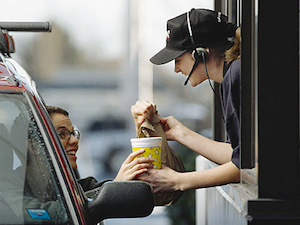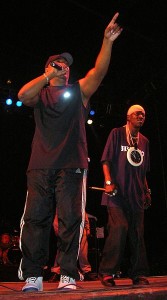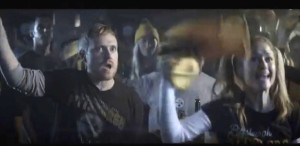We are grateful to our members and donors, because we are only able to produce this podcast with the generous help of our listeners.
If you enjoy our podcasts, please consider supporting ESL Podcast by becoming a Basic or Premium Member today!
*********
ON MONDAY
ESL Podcast 944 – Working as an Intern
In the Learning Guide: Get a full transcript (written version of every word you hear), vocabulary list and sample sentences, and comprehension questions.
In “What Else Does it Mean,” learn the other meanings of “to shadow” and “racket.”
In the “Culture Note,” learn about “The Legality of Unpaid Internships.”
“For years, many students and ‘recent graduates’ (people who finished school not very long ago) have completed unpaid internships…” – READ MORE in the Learning Guide
…
ON WEDNESDAY
English Cafe 423
Topics: Movies – The Silence of the Lambs; The Erie Canal; recession versus depression; if you will; all-in-one tax adviser/advisor
In the Learning Guide: Get a full transcript (written version of every word you hear).
In “What Insiders Know,” you will read about “Buffalo Bill.”
“William Frederick Cody, called ‘Buffalo Bill,’ was an American ‘soldier’ (fighter for the government)…” – READ MORE in the Learning Guide
…
ON FRIDAY
ESL Podcast 945 – Using Electronics While Travelling
In the Learning Guide: Get a full transcript (written version of every word you hear), vocabulary list and sample sentences, and comprehension questions.
In “What Else Does it Mean,” learn the other meanings of “outlet” and “to hook up.”
In the “Culture Note,” learn about “Travelling with Electronics.”
“People are traveling with more ‘electronics’ (electronic devices) than ever before…” – READ MORE in the Learning Guide





